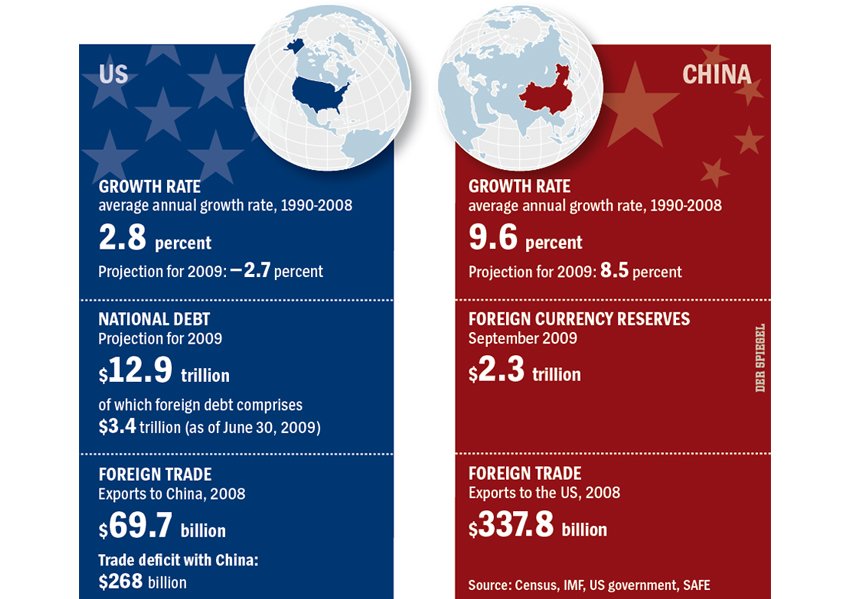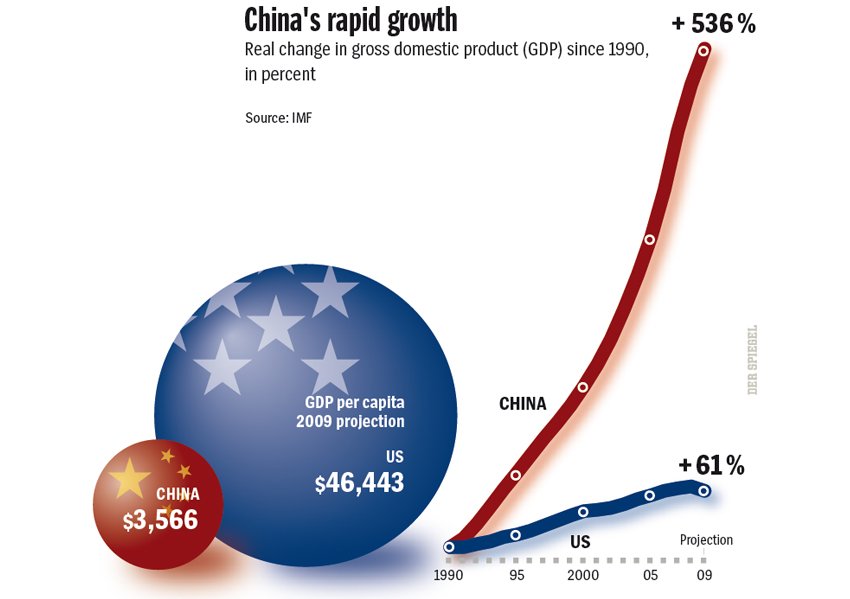The Top 10 Indian Banks based on Assets held as of Dec 31,2008 are listed below. Similar to Brazil, China and other countries, there are both private and state-owned banks in India.
The Top 10 Indian Banks based on Assets
[TABLE=228]
Source: BankScope
The largest bank in India is the state-owned State Bank of India, which stood at 113 in world ranking of banks by assets. The two highly successful private sector banks in the list are ICICI Bank (IBN) and HDFC Bank (HDB). ICICI ranked second based on assets at the end of 2008. None of the other banks in the list trade in the US markets.
India-focused ETFs and ETNs:
Powershares India Portfolio (PIN)
WisdomTree India Earnings Fund (EPI)
iPath MSCI India Index ETN (INP)


 China Postal Savings Bank is ranked number seven in this list which is very good. In many countries such as Japan, India, etc. post offices offer savings banking facilities.
China Postal Savings Bank is ranked number seven in this list which is very good. In many countries such as Japan, India, etc. post offices offer savings banking facilities.